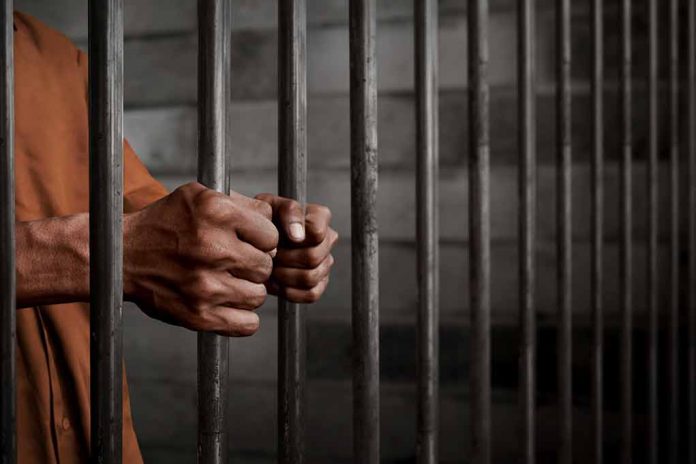
President Nayib Bukele’s proposal to house U.S. criminals in El Salvador’s mega prisons has sparked international debate due to its bold approach and potential impacts on international relations.
Key Takeaways
- President Bukele proposed housing criminals deported from the U.S. in El Salvador’s prisons.
- The plan was praised by Secretary of State Marco Rubio but raises legal concerns.
- The proposal includes jailing undocumented migrants convicted of crimes in the U.S.
- Considerable controversy due to reported harsh conditions in Salvadoran prisons.
- Plan aims to make El Salvador’s prison system sustainable while assisting U.S. issues.
A New Approach to Crime and Migration
President Nayib Bukele of El Salvador put forth a proposal to house convicted criminals deported from the United States, including U.S. citizens, in exchange for a fee. The plan, described by Bukele as “extraordinary friendship,” has garnered support from U.S. Secretary of State Marco Rubio who sees it as a radical yet potentially effective approach to handling tough-on-crime policies.
The proposal includes jailing undocumented migrants convicted of crimes in the U.S., focusing on gang members such as MS-13 and Tren de Aragua. Bukele’s objective is not solely to assist the U.S. but also to make El Salvador’s prison system financially sustainable. However, there are significant questions about the legality and human rights implications of such a move.
Bukele Effect Spreads in Latin America: The Honduran government announces the construction of a megaprison with a capacity for 20,000 inmates. This measure, according to President Xiomara Castro's administration, will be accompanied by a reform of the Penal Code to be approved by… pic.twitter.com/3uCiUWnMeD
— Cartel Watch (@CartelWatchNet) June 15, 2024
The Proposal’s Implications and Challenges
Secretary Marco Rubio described the offer as “an act of extraordinary friendship,” highlighting the potential benefits for both nations. However, many challenges remain. Deporting U.S. citizens poses legal issues, and the harsh conditions in Salvadoran prisons could lead to humanitarian concerns. The Terrorism Confinement Center in El Salvador, where these criminals might be held, is known for overcrowding and allegations of torture.
“The fee would be relatively low for the U.S. but significant for us, making our entire prison system sustainable,” said Mr. Bukele.
Despite these concerns, Bukele’s government, elected in 2019, has been credited with substantial crime reduction in El Salvador, with over 80,000 arrests contributing to decreased homicide rates. This tough-on-crime stance resonates with some political figures in the U.S., eager to address issues involving migration-related crimes.
Send this MEMO to every crime infested city in America!❗️https://t.co/ywt5viW3ac
— Wandafay (@Wandafay) February 4, 2025
Geopolitical and Ethical Considerations
The proposal reflects broader themes in global diplomacy and criminal justice, highlighting the complexities of cross-border crime and migration management. While praised in some circles, it raises ethical dilemmas about outsourcing imprisonment and the U.S. government’s responsibilities toward its citizens.
This debate reflects not only on Salvadoran-American relations but also on how developed countries handle their criminal justice systems when faced with international cooperation offers. President Bukele’s proposal, if accepted, may transform the landscape of global crime management and deportation processes.
Sources:
- https://www.nytimes.com/2025/02/04/us/politics/el-salvador-prisons-marco-rubio.html
- https://www.aljazeera.com/news/2025/2/4/el-salvador-offers-to-jail-us-convicts-in-unprecedented-proposal
- https://thehill.com/policy/international/5124897-marco-rubio-el-salvador-american-criminals-deportees/
- https://feedpress.me/link/20202/16954749/nayib-bukele-migrants-marco-rubio-mega-prisons-el-salvador










